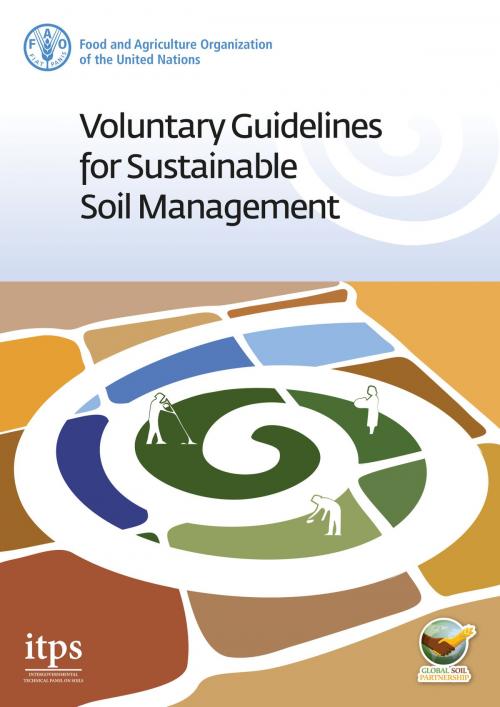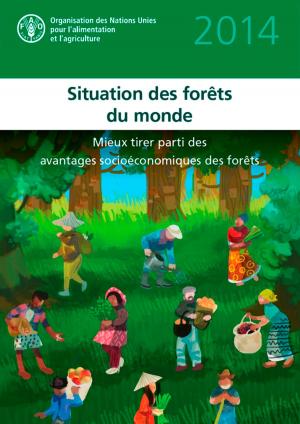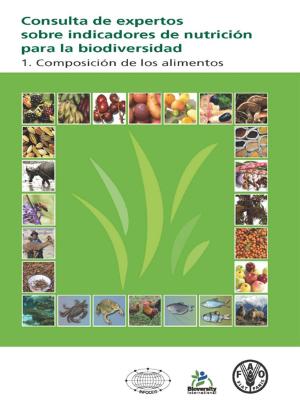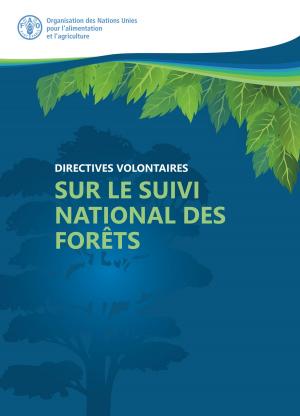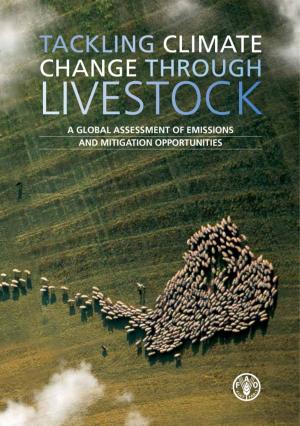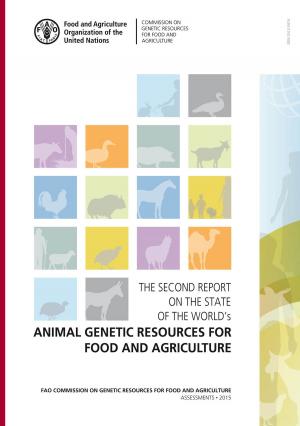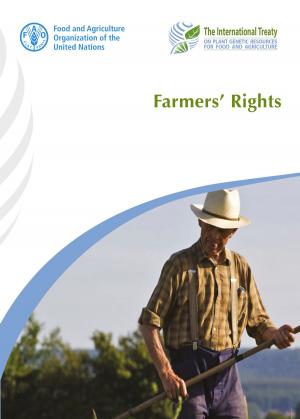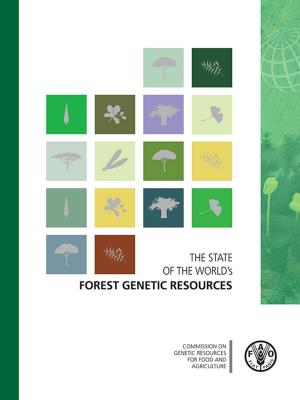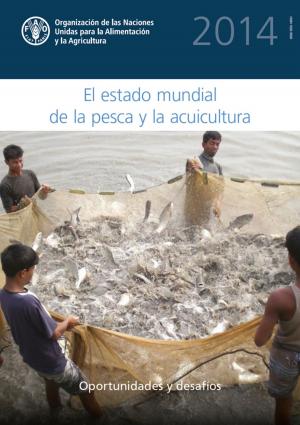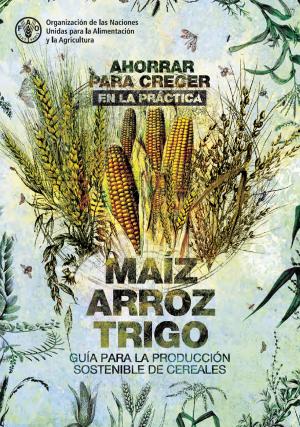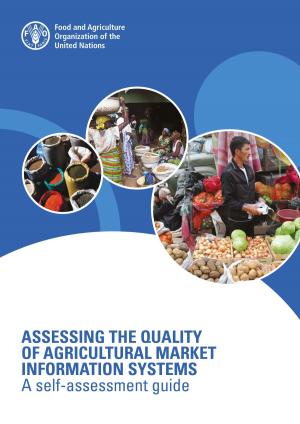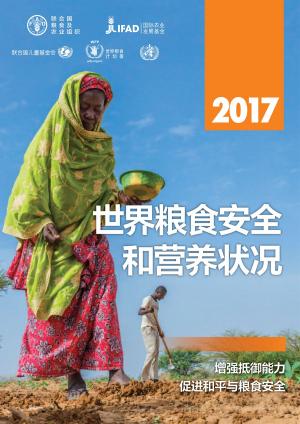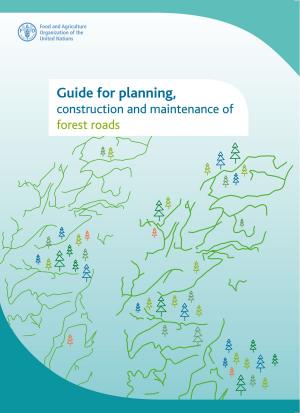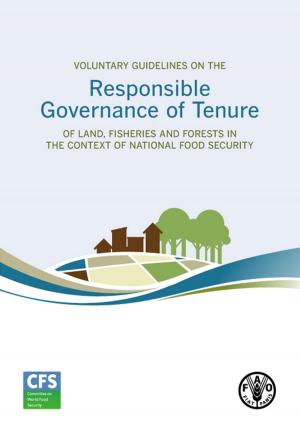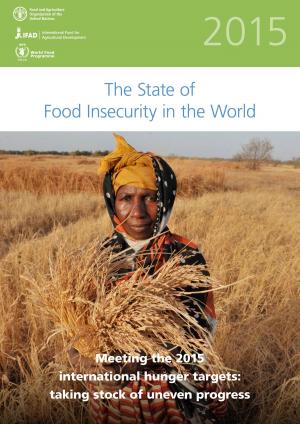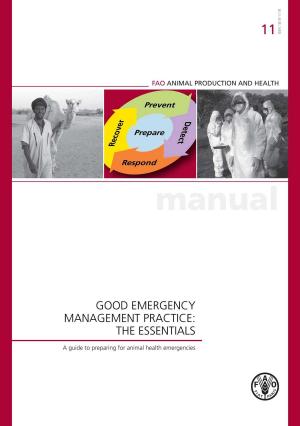Voluntary Guidelines for Sustainable Soil Management
Nonfiction, Social & Cultural Studies, Social Science| Author: | Food and Agriculture Organization of the United Nations | ISBN: | 9789251301678 |
| Publisher: | Food and Agriculture Organization of the United Nations | Publication: | January 30, 2018 |
| Imprint: | Smashwords Edition | Language: | English |
| Author: | Food and Agriculture Organization of the United Nations |
| ISBN: | 9789251301678 |
| Publisher: | Food and Agriculture Organization of the United Nations |
| Publication: | January 30, 2018 |
| Imprint: | Smashwords Edition |
| Language: | English |
In this fast-changing world, and given the urgent need to eliminate hunger and ensure food security and nutrition, understanding and attaining sustainable soil management has never been more important.
Indeed, the Sustainable Development Goals identify the need to restore degraded soils and improve soil health. There is widespread agreement that we must nurture and unlock the full potential of soils, so as to be able to not only support food production but also to store and supply more clean water, maintain biodiversity, sequester carbon and increase resilience in a changing climate. This is a goal that requires the universal implementation of sustainable soil management.
Soils are the foundation of food production and many essential ecosystem services. It has been shown that sustainable soil management contributes to increasing food production, enhancing the nutrient content of food, and adapting to and mitigating climate change.
The conservation and responsible management of soils is thus central to FAO’s mandate to help eliminate hunger, food insecurity and malnutrition. To ensure greater recognition of the essential contributions of soils to agriculture and food production, as well as their crucial ecosystem services, the FAO Council established the Global Soil Partnership (GSP) in December 2012, as a coalition of willing partners to promote and implement sustainable soil management at all scales, from local to global. Since then, the GSP has been conducting a vigorous campaign to promote sustainable soil management.
Under the aegis of the GSP, the World Soil Charter, which contains key principles and guidance for action towards sustainable soil management, was revised in 2015, in light of major policy and scientific developments over the past three decades. In turn, these Voluntary Guidelines for Sustainable Soil Management, endorsed by the FAO Council in December 2016 at its 155th Session, complement the World Soil Charter by further elaborating principles and practices for incorporation into policies and decision-making.
In this fast-changing world, and given the urgent need to eliminate hunger and ensure food security and nutrition, understanding and attaining sustainable soil management has never been more important.
Indeed, the Sustainable Development Goals identify the need to restore degraded soils and improve soil health. There is widespread agreement that we must nurture and unlock the full potential of soils, so as to be able to not only support food production but also to store and supply more clean water, maintain biodiversity, sequester carbon and increase resilience in a changing climate. This is a goal that requires the universal implementation of sustainable soil management.
Soils are the foundation of food production and many essential ecosystem services. It has been shown that sustainable soil management contributes to increasing food production, enhancing the nutrient content of food, and adapting to and mitigating climate change.
The conservation and responsible management of soils is thus central to FAO’s mandate to help eliminate hunger, food insecurity and malnutrition. To ensure greater recognition of the essential contributions of soils to agriculture and food production, as well as their crucial ecosystem services, the FAO Council established the Global Soil Partnership (GSP) in December 2012, as a coalition of willing partners to promote and implement sustainable soil management at all scales, from local to global. Since then, the GSP has been conducting a vigorous campaign to promote sustainable soil management.
Under the aegis of the GSP, the World Soil Charter, which contains key principles and guidance for action towards sustainable soil management, was revised in 2015, in light of major policy and scientific developments over the past three decades. In turn, these Voluntary Guidelines for Sustainable Soil Management, endorsed by the FAO Council in December 2016 at its 155th Session, complement the World Soil Charter by further elaborating principles and practices for incorporation into policies and decision-making.
